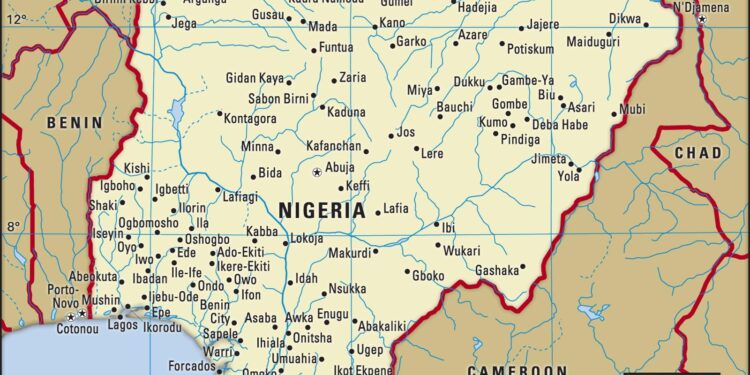Analyzing Tinubu’s Strategic Shift in Kano Ahead of Nigeria’s 2027 Elections
Recalibrating Alliances: The Political Realignment in Kano
As Nigeria approaches the critical 2027 general elections, President Bola Ahmed Tinubu is actively reshaping his political alliances to strengthen his foothold in key battleground states. A significant development is his apparent distancing from Abdullahi Ganduje, the former governor of Kano State. This move signals a deliberate effort by Tinubu to tap into Kano’s vast electorate—estimated at around six million voters—whose support has historically been decisive in national contests.
This strategic pivot reflects a broader attempt to unify the ruling party and reconnect with grassroots supporters who may have grown disillusioned during Ganduje’s controversial administration. By sidelining Ganduje, Tinubu aims to present a refreshed leadership image that resonates more effectively with diverse voter groups across Kano’s urban and rural communities.
The Significance of Kano’s Electorate: A Game-Changer for the 2027 Polls
Kano State remains one of Nigeria’s most influential electoral hubs due to its large population and vibrant political culture. With over six million registered voters, it represents a substantial voting bloc capable of swaying election outcomes nationwide. Historically, candidates who secure strong backing from this region often gain momentum that extends beyond state borders.
Tinubu’s recalibration comes amid growing speculation that winning over Kano could be pivotal for securing re-election amidst an increasingly competitive political environment marked by emerging opposition coalitions and shifting voter loyalties.
- Localized Campaigning: Tailoring messages that address specific socio-economic challenges faced by residents such as unemployment and infrastructure deficits.
- Building Trust: Promoting transparency initiatives aimed at restoring confidence among constituents wary after years of governance controversies.
- Leveraging Technology: Employing digital platforms alongside traditional mobilization efforts to maximize voter outreach and engagement.
The success or failure of these strategies will likely influence not only Tinubu’s campaign trajectory but also set precedents for future electoral contests within Nigeria’s evolving democratic landscape.
Tinubu’s Tactical Approach: Prioritizing Grassroots Support Over Established Figures
Tinubu’s decision to marginalize Ganduje underscores a calculated sacrifice designed to consolidate power through fresh alliances rather than relying on established but potentially divisive figures. This approach involves several key components:
- Engagement with Community Leaders: Collaborating closely with traditional rulers, religious leaders, and influential local politicians who command respect among their constituencies.
- Catalyzing Grassroots Movements: Strengthening local party structures by empowering youth wings and women groups essential for broad-based mobilization efforts.
- A Focus on Development Policies: Highlighting initiatives targeting education reform, healthcare accessibility, and economic empowerment tailored specifically for Kano residents’ needs.
This multi-pronged strategy aims not only at reclaiming lost ground but also fostering renewed loyalty within the ruling party ranks while appealing directly to everyday citizens’ aspirations across diverse demographics within the state.
The stakes are high as internal party tensions rise; how effectively Tinubu navigates these dynamics could redefine Nigerian politics leading up to one of its most consequential elections yet recorded in recent history.
Navigating Voter Demographics: Engaging Youths & Women in Kano
A critical element underpinning Tinubu’s campaign strategy involves targeted outreach toward two vital demographic segments—youths and women—who collectively represent an increasingly influential voting bloc within Kano State. Recognizing their potential impact on election outcomes necessitates tailored engagement plans such as mentorship programs focused on entrepreneurship skills development for young people alongside policy proposals addressing gender equity issues affecting women across social strata.< / p >
| Demographic< /th > | Engagement Strategy< /th > < /tr > < /thead > |
|---|














